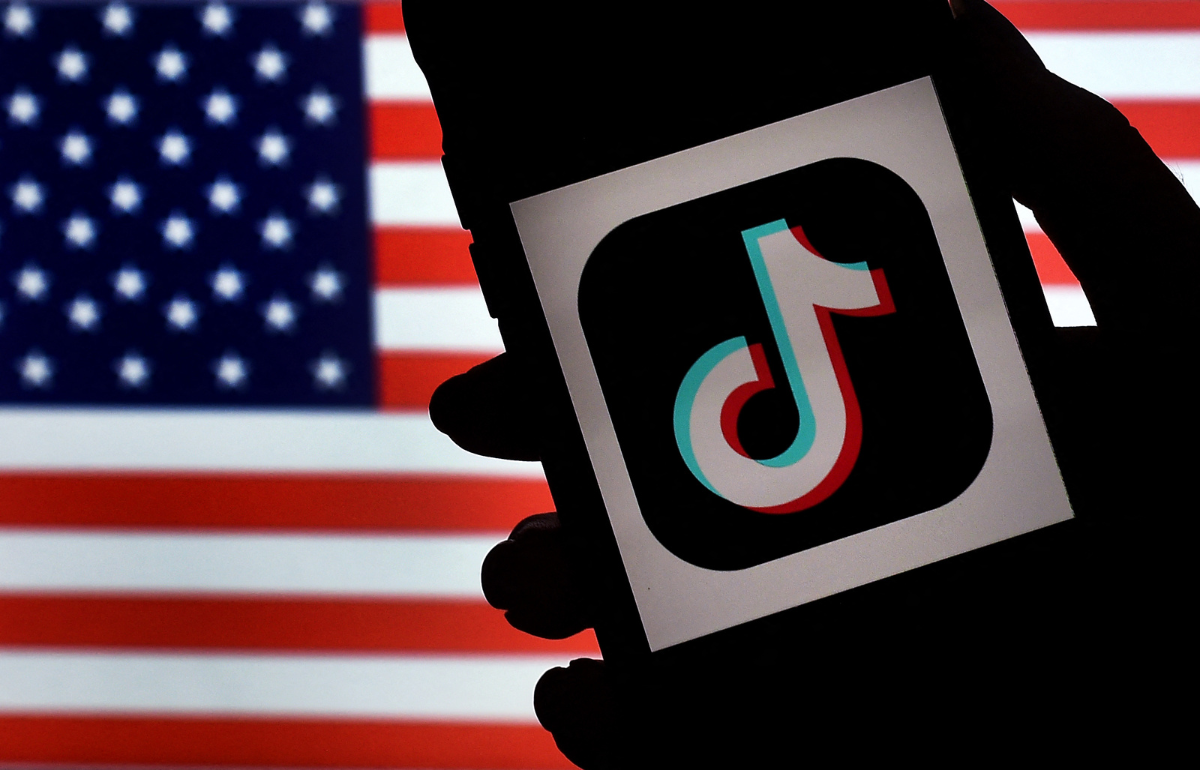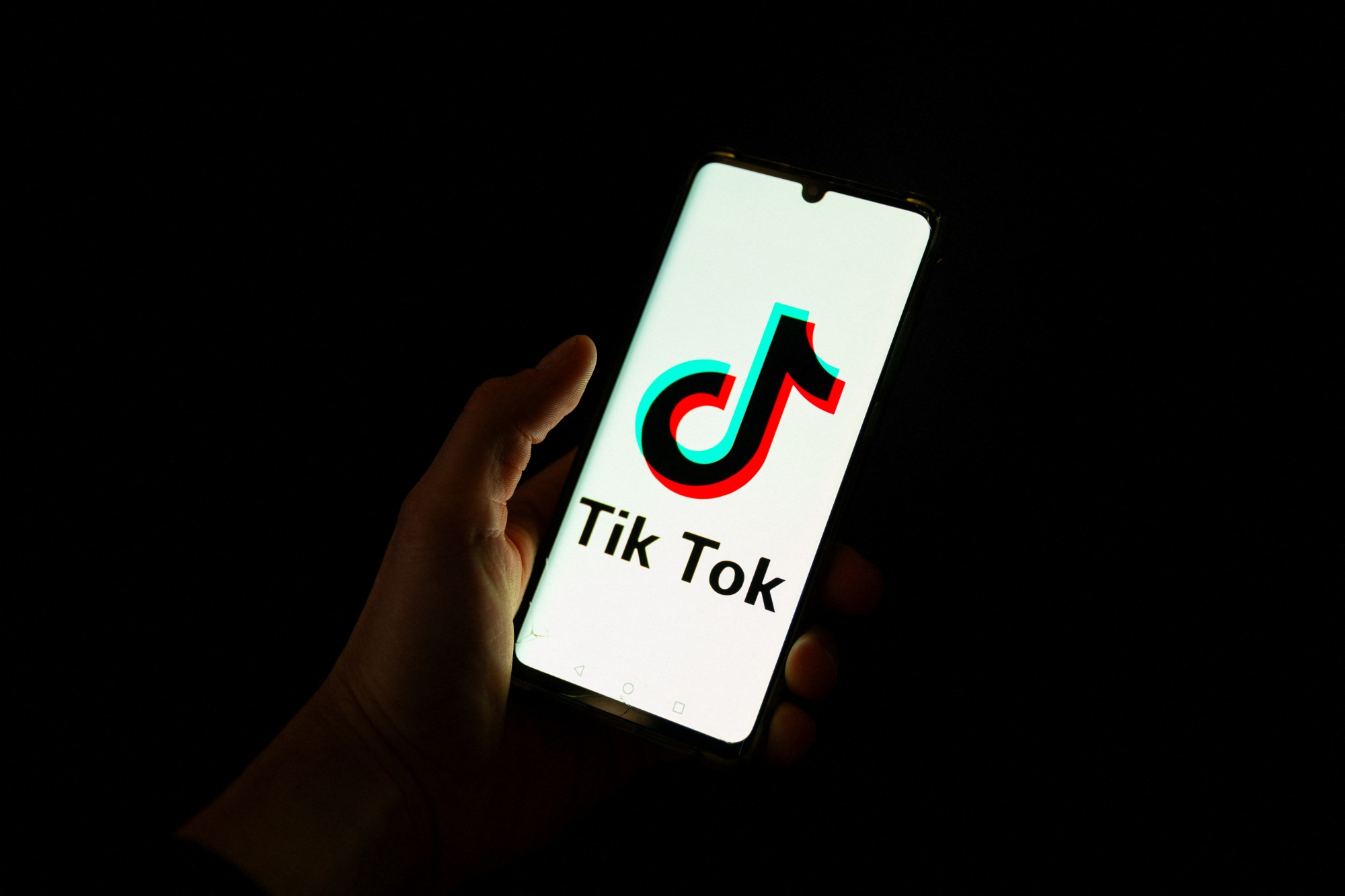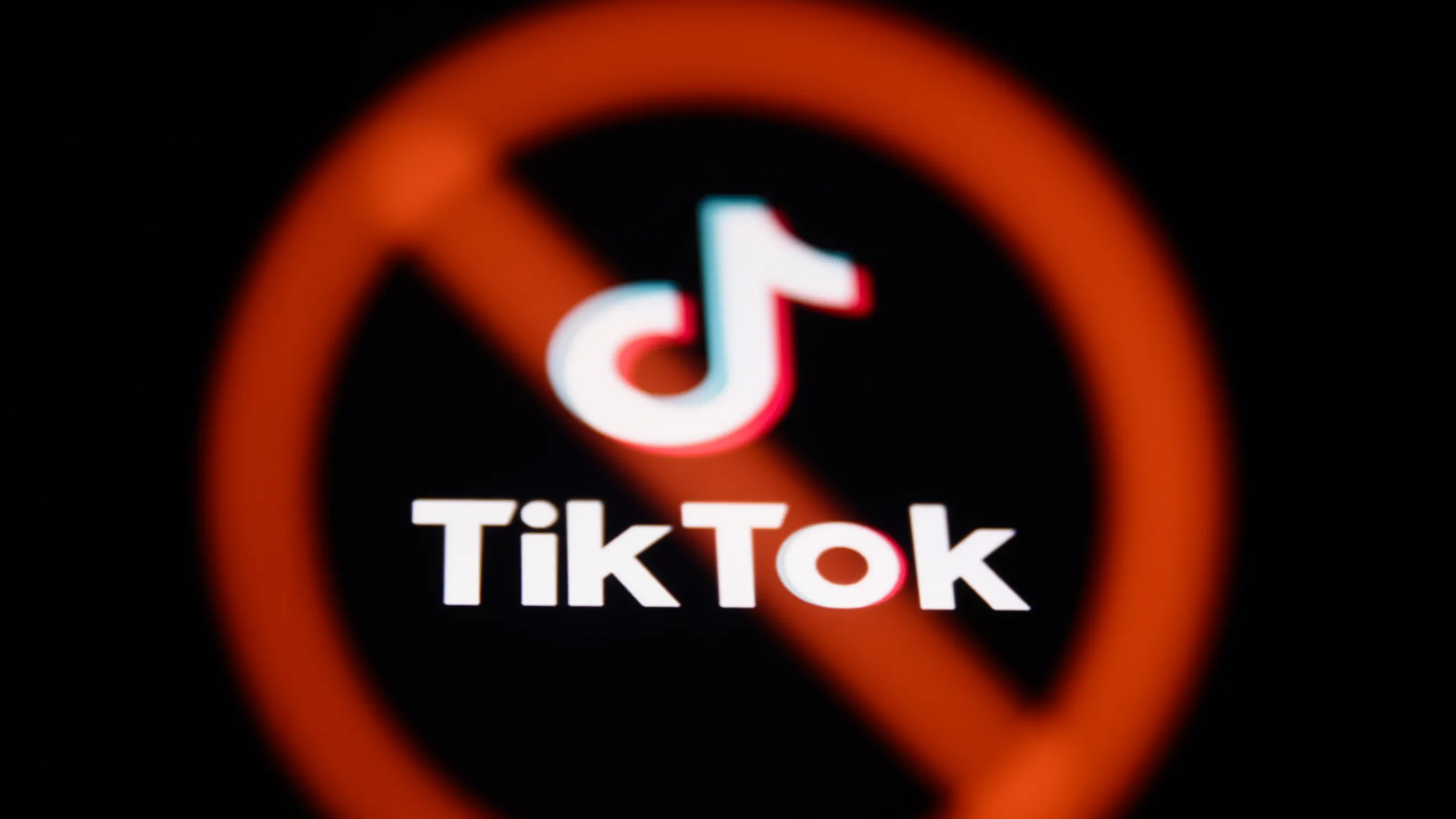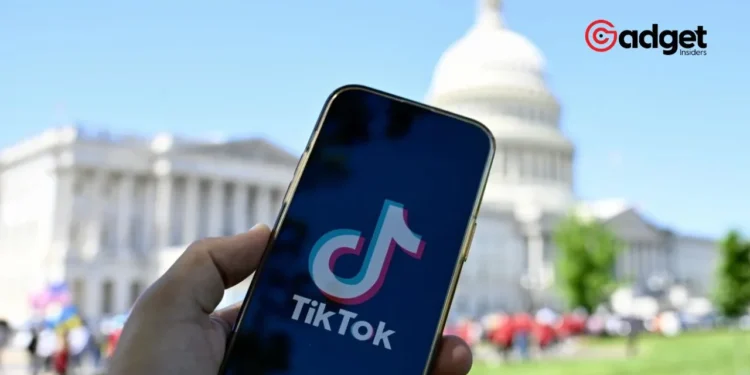Amid rising tensions between the United States and China, TikTok finds itself at the center of a heated national security debate. FBI Director Christopher Wray recently emphasized the grave risks posed by the popular social media platform, owned by the Beijing-based tech giant ByteDance Ltd. The U.S. is considering a ban on the app, citing potential threats linked to Chinese espionage and data security.

Congressional Moves and the Countdown for ByteDance
The urgency of the situation was underlined by the recent congressional approval of legislation aimed at banning TikTok. The bill, now awaiting President Biden’s signature, proposes a drastic measure: ByteDance must divest from App within nine months, with a possible three-month extension if a sale is underway. Failure to comply would lead to TikTok’s prohibition, cutting off access to its millions of American users.
Wray’s Warning: A Call to Recognize the Risks
In an eye-opening interview with NBC News, Director Wray laid bare the multifaceted dangers associated with TikTok. He articulated concerns about the platform’s capability to “control or collect data on millions and millions of users.” This data could potentially be exploited for influence operations aimed at bolstering Chinese AI initiatives, unconstrained by democratic norms.

“The recommendation algorithm and the software itself are also areas of concern,” Wray added, highlighting how deeply embedded the App is with the Chinese government’s interests. He stressed that every day, efforts are made by China to “steal our AI and hack American technology.”
The Implications for Users: Beyond Privacy Concerns
Wray’s comments also addressed the broader implications for ordinary Americans, many of whom might be indifferent to or even benefitting from TikTok’s global reach. He cautioned, “You need to take into account who the Chinese government is, who the Chinese Communist Party is,” pointing out the potential for widespread surveillance and data manipulation by Chinese intelligence services.
The reason to ban TikTok
They don't want to see people that American bombs were used on Refugee Camp pic.twitter.com/Lz99X6sJ27— Palestine Updates (@drtruthe) April 26, 2024
TikTok’s Global Ban Woes: Facing Restrictions Worldwide
TikTok’s challenges are not confined to the United States alone. The app has faced bans in countries like Pakistan, Nepal, and Afghanistan, and restrictions in several European nations. These actions underscore a global apprehension about the implications of TikTok’s operations under Chinese governance.

The Road Ahead: Legal Battles and Long-term Effects
While the U.S. ban could be delayed by at least a year due to potential court challenges, the implications of a successful prohibition are clear. TikTok would disappear from major app stores, preventing new downloads and updates. Over time, the lack of security patches and bug fixes could severely degrade the app’s functionality and user experience.
In conclusion, as the U.S. gears up to possibly ban TikTok, the debate continues to intensify. With national security at stake, the actions taken in the coming months could set a significant precedent in the ongoing global discourse on privacy, technology, and international relations. As this situation evolves, the implications for global tech governance and U.S.-China relations will undoubtedly remain a key topic of discussion.










